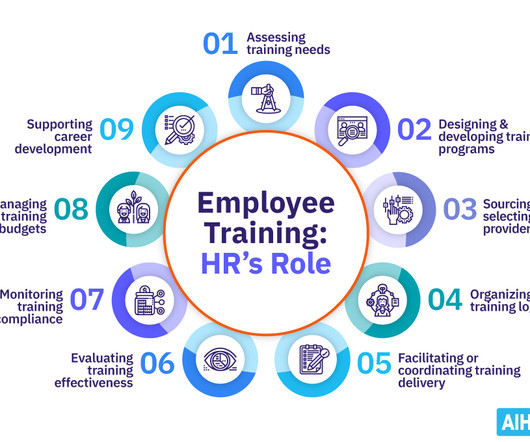What is Employee Training (+ How To Develop an Employee Training Program)
Analytics in HR
JUNE 21, 2023
Employee training benefits Methods of employee training 7 Steps to develop an employee training program Employee training systems Training effectiveness metrics Employee training plan template What is employee training? Contents What is employee training? Effective training programs can positively impact employee performance.
















Let's personalize your content